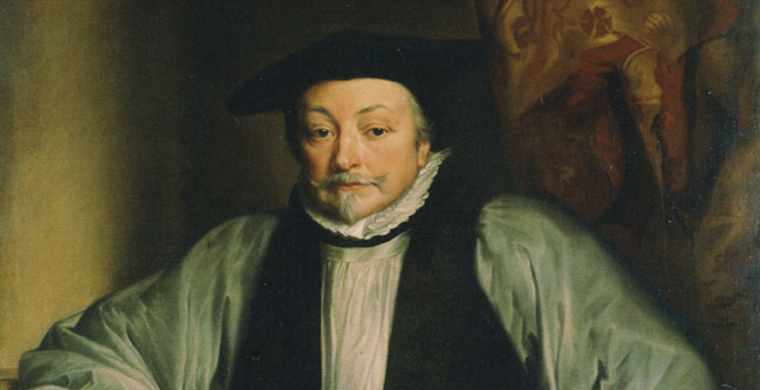Most Serious Threat to Reformed Anglicans since Archbishop Laud
By Julian Mann
Special to Virtueonline
www.virtueonline.org
February 13, 2015
Arguably the most serious threat to Reformed Anglican ministry in the Church of England since the Laudian persecution of the 17th Century came to light at this week's General Synod in London.
It has now emerged that all candidates for ordination selection are being required to assent to the House of Bishops' five guiding principles over women in the episcopate. This in effect means Reformed Anglican candidates have to agree with women bishops or be unable to serve local parish churches as licensed ministers.
The first guiding principle states:
"Now that legislation has been passed to enable women to become bishops the Church of England is fully and unequivocally committed to all orders of ministry being open equally to all, without reference to gender, and holds that those whom it has duly ordained and appointed to office are the true and lawful holders of the office which they occupy and thus deserve due respect and canonical obedience."
The high level move to require agreement with women bishops from all future ordination candidates was revealed by the following question from the Revd Hugh Lee to the Chair of the House of Bishops:
"What unambiguous assurances are required from candidates for ordination as bishop, priest or deacon, including assenting to the five principles in the House of Bishops' Declaration on Women in the Episcopate and renouncing membership of the Freemasons, and when were these introduced?"
Replying on behalf of the Chair, the Bishop of Sheffield, the Rt Revd Dr Steven Croft, said: "The House of Bishops agreed at its December 2014 meeting that prior to being sponsored for selection, candidates for ordination should be asked whether they assent to the five Guiding Principles. Assent is a condition of proceeding to a Bishops' Advisory Panel or BAP. A note to confirm that the candidate has so assented is recorded in the sponsoring papers sent by the bishop to Ministry Division. This procedure was introduced for candidates sponsored from January 2015."
Three urgent questions now call for answers in the light of this:
1). How does requiring candidates theologically opposed to women bishops to assent to principle one square with the fourth? -
"Since those within the Church of England who, on grounds of theological conviction, are unable to receive the ministry of women bishops or priests continue to be within the spectrum of teaching and tradition of the Anglican Communion, the Church of England remains committed to enabling them to flourish within its life and structures."
2). To what extent was WATCH, the feminist campaign group in the Church of England, involved in this decision by the House of Bishops?
3). What will Reformed leaders in the Church of England do to ensure that the comparatively large numbers of young men from growing evangelical churches, whom the living Lord Jesus Christ is calling into pastoral ministry, are able to serve as ordained ministers of Word and Sacrament?
God willing, if the prospective Bishop of Maidstone, who is due to be appointed to provide oversight for evangelical opponents of women bishops, were required to assent to all five principles, the See would remain permanently vacant. That would clearly show that biblical integrity is more important to Reformed Anglicans than episcopal office.
Julian Mann is vicar of the Parish Church of the Ascension, Oughtibridge, South Yorkshire - www.oughtibridgechurch.org.uk














